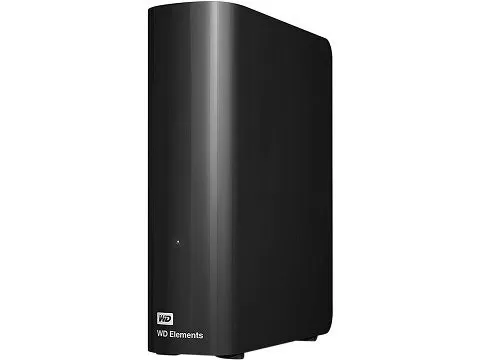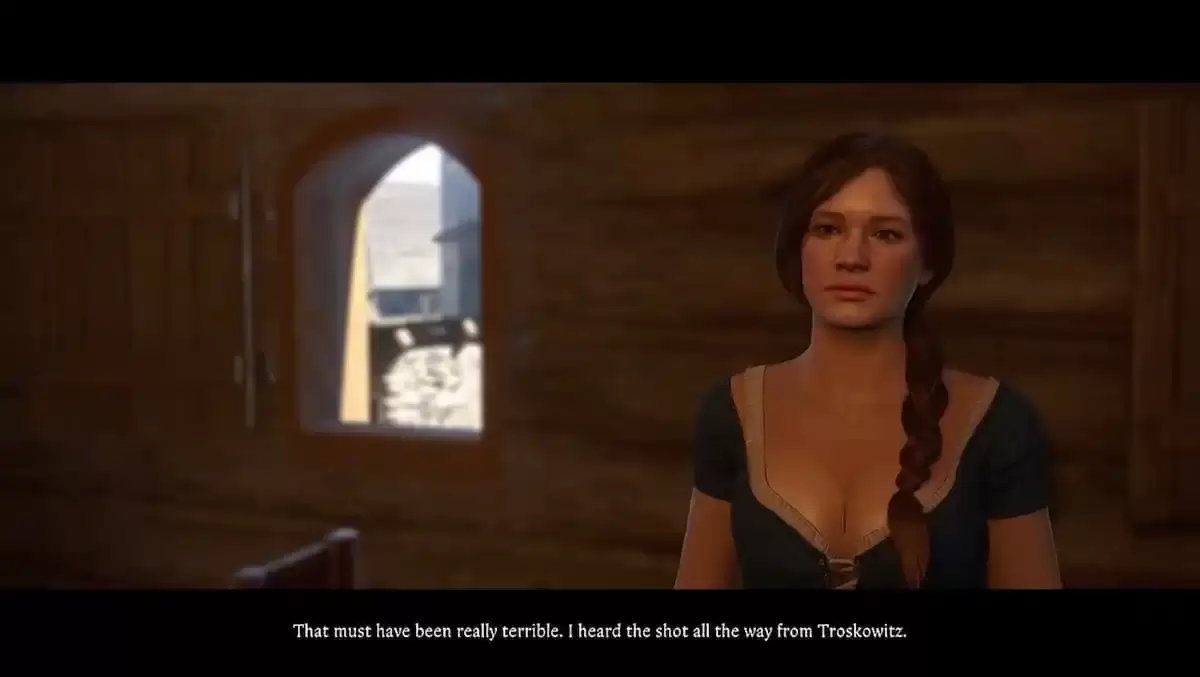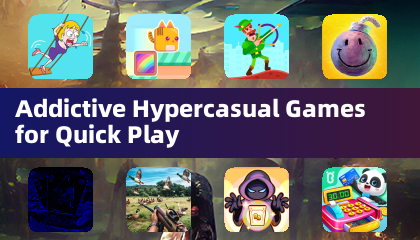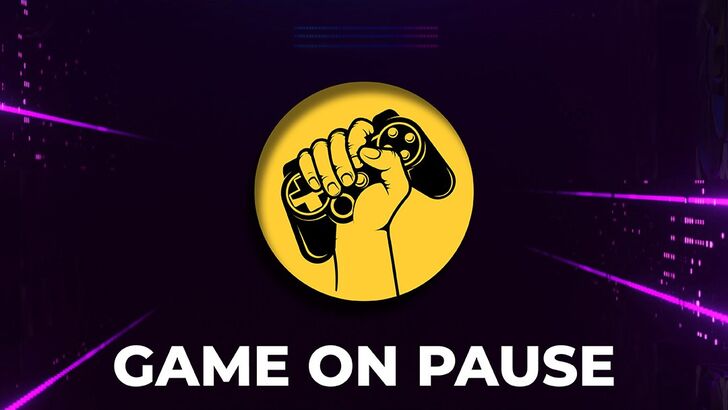 The video game industry faces potential upheaval as SAG-AFTRA, the union representing voice actors and performance artists, has authorized a strike against major game developers. This action highlights a crucial battle over fair labor practices and the ethical implications of artificial intelligence in the industry.
The video game industry faces potential upheaval as SAG-AFTRA, the union representing voice actors and performance artists, has authorized a strike against major game developers. This action highlights a crucial battle over fair labor practices and the ethical implications of artificial intelligence in the industry.
SAG-AFTRA Authorizes Strike: A Fight for AI Protections
SAG-AFTRA's Announcement
On July 20th, SAG-AFTRA's National Board voted unanimously to authorize a strike against companies bound by the Interactive Media Agreement (IMA). This means all SAG-AFTRA members could cease work on projects covered by this contract. The central issue? Securing robust protections against the unchecked use of AI in video game voice acting and performance capture.
National Executive Director Duncan Crabtree-Ireland underscored the union's resolve, stating the membership overwhelmingly authorized a strike if employers don't address key concerns, especially AI usage. He emphasized the union's commitment to its members whose exceptional work is integral to the success of popular video games. Negotiations are reaching a critical juncture.
Key Issues and Industry Impact
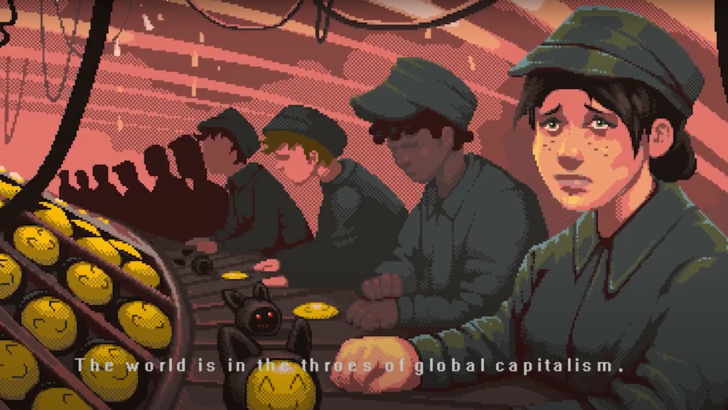 The potential strike stems from the unregulated use of AI in performance capture and voice acting. Currently, there are no safeguards preventing the unauthorized replication of actors' likenesses and voices through AI. Actors seek fair compensation for AI usage and clear guidelines governing how their work can be utilized.
The potential strike stems from the unregulated use of AI in performance capture and voice acting. Currently, there are no safeguards preventing the unauthorized replication of actors' likenesses and voices through AI. Actors seek fair compensation for AI usage and clear guidelines governing how their work can be utilized.
Beyond AI, SAG-AFTRA also demands wage increases reflecting inflation (11% retroactive pay and 4% increases in subsequent years), improved on-set safety measures (including mandated rest periods and on-site medical personnel), vocal stress protections, and the elimination of stunt requirements in self-taped auditions.
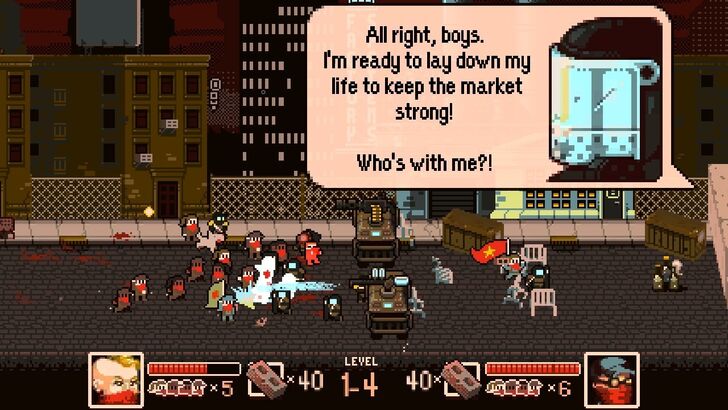 A strike's impact on video game development is uncertain, though it could cause disruptions. Unlike film and television, game development is a lengthy process. While a strike might delay certain stages, the extent of its impact on game release schedules is unclear.
A strike's impact on video game development is uncertain, though it could cause disruptions. Unlike film and television, game development is a lengthy process. While a strike might delay certain stages, the extent of its impact on game release schedules is unclear.
Companies Involved and Their Responses
The potential strike targets ten major companies, including Activision, Blindlight, Disney Character Voices, Electronic Arts, Epic Games, Formosa Interactive, Insomniac Games, Take-Two Productions, VoiceWorks Productions, and WB Games.
Epic Games has publicly supported SAG-AFTRA's position, with CEO Tim Sweeney tweeting his opposition to companies gaining AI training rights from voice recording sessions. Other companies haven't yet issued public statements.
A History of Conflict
 This conflict's roots lie in September 2023 when SAG-AFTRA sought member authorization for a strike before contract negotiations. The vote overwhelmingly favored a strike (98.32%). Negotiations have since stalled, despite an extension of the previous contract, which expired in November 2022.
This conflict's roots lie in September 2023 when SAG-AFTRA sought member authorization for a strike before contract negotiations. The vote overwhelmingly favored a strike (98.32%). Negotiations have since stalled, despite an extension of the previous contract, which expired in November 2022.
The current situation is reminiscent of the 2016 strike, which lasted 340 days and ended with a compromise deemed unsatisfactory by many union members. A 2024 deal with Replica Studios, an AI voice provider, further fueled tensions within the union over AI's role in performance capture.
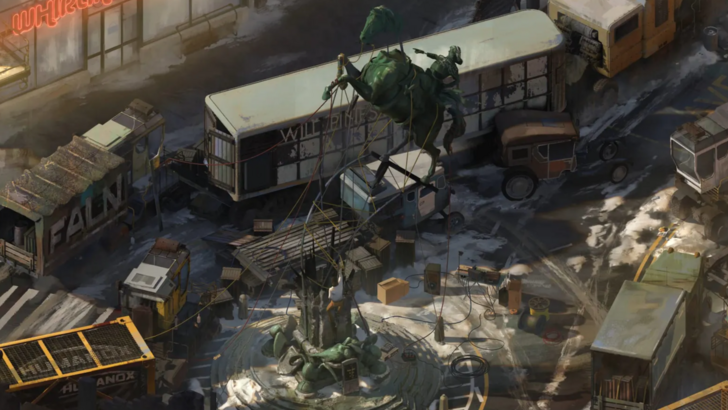 SAG-AFTRA's strike authorization represents a critical moment in the fight for fair labor practices in the gaming industry. The outcome will significantly impact the use of AI in performance capture and the treatment of video game performers. As AI technology rapidly advances, protecting performers and ensuring AI enhances, not replaces, human creativity is paramount. A swift resolution addressing the union's concerns is crucial.
SAG-AFTRA's strike authorization represents a critical moment in the fight for fair labor practices in the gaming industry. The outcome will significantly impact the use of AI in performance capture and the treatment of video game performers. As AI technology rapidly advances, protecting performers and ensuring AI enhances, not replaces, human creativity is paramount. A swift resolution addressing the union's concerns is crucial.

